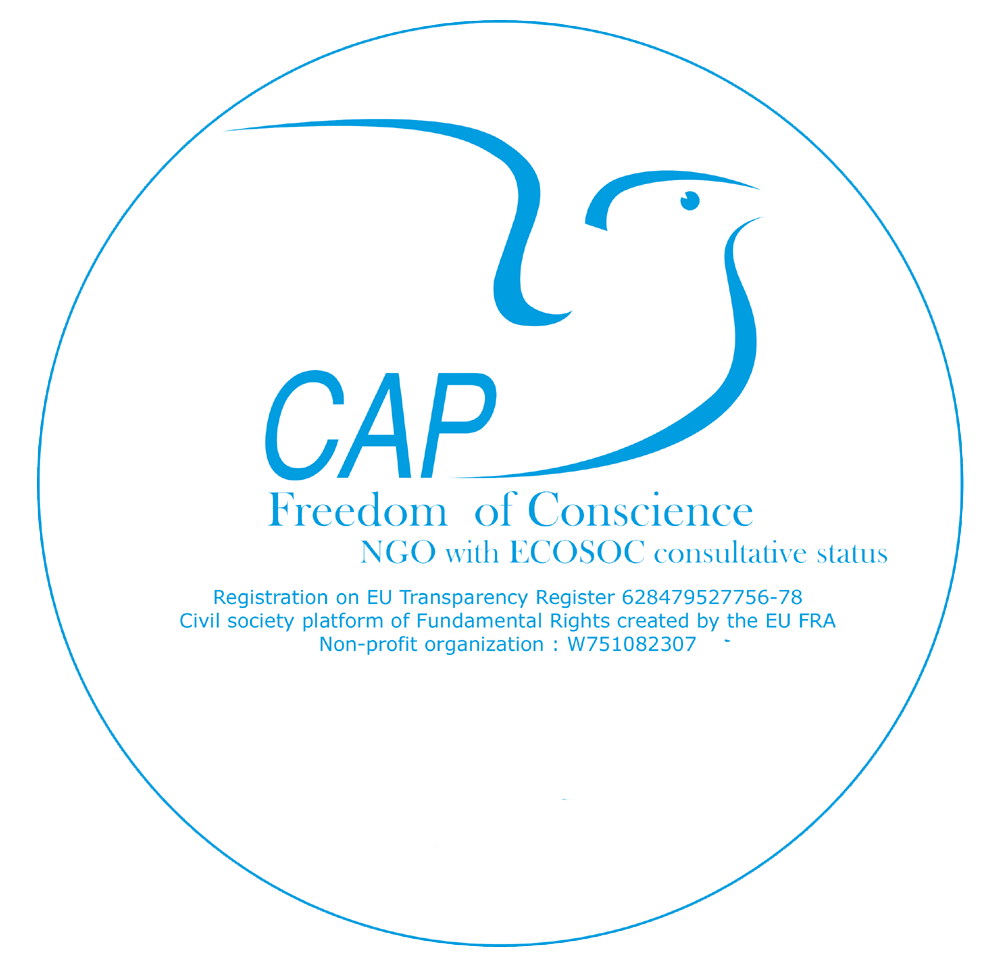We gather today to commemorate 228 Incident, a turning point in the history of Taiwanese people and their fight for freedom.
The Taiwanese people rose up against an authoritarian government on February 28, 1947, and despite the tragedy, they turned a moment of tragedy into a moment of great strength and courage for the nation and its people.
The 228 Incident is not just a historical event; it is the representation of the fundamental human need for dignity, justice, and self-determination. When the peaceful protesters were killed, their spirit would have been killed as well, had they not rise up and fight for what they believed in. In this spirit of resistance, there are a number of similarities to the current struggle of the Tai Ji Men, a group that has for decades fought against systemic injustice and arbitrariness of the system.
Its struggle is the part of the larger Taiwanese experience of standing up to the institutional oppression. The 228 heroes, the Tai Ji Men have shown an extraordinary resilience. They have battled for 29 and have never once compromised their principles on cultural continuity, peace and human rights.
It is not merely a legal battle that they fight, but a battle of principles against corruption and administrative misconduct. The same spirit of those who stood for their rights in 1947 is shown in the international efforts of Tai Ji Men, which has visited one hundred and thirteen countries and participated in more than ten thousand cultural exchanges.
They turn the adversity into something good, a chance for cultural dialogue and mutual tolerance. Their ‘Age of Conscience Movement’ has been resonated all over the world and has gained support from over 200 organizations and 30 plus heads of state. This worldwide acknowledgement simply tells us that their battle is not just about a local issue but is a battle for human rights and accountability of institutions.
A coalition of non-governmental organizations have referred the Tai Ji Men case to the United Nations Human Rights Council. These NGOs have been able to re-echo the voice of Tai Ji Men through eleven submissions, to show that the fight for human rights is not confined to the domestic arena and that it depends on the international community’s support.
As the 228 Incident was the spark that began the democratic change, the Tai Ji Men case is the most recent example of the continuing struggle for openness and equity in Taiwan. They did not waver in their fight because they knew that real change is not achieved through violence, but through peaceful and strong stand.
We pay our respects to the ones who died in the 228 Incident and celebrate the living essence of their spirit, the Tai Ji Men.
We learn from their experience that resilience is not about not falling, it is about falling and rising every time we are brought down.
To the Tai Ji Men and to all of those who still fight for justice: You are the light at the end of the tunnel. You tell us that the strongest weapon against the oppressor is spirit, spirit that cannot be broken, spirit that fights for the truth, spirit that fights for compassion and spirit that fights for human dignity. The spirit of 228 should be carried on from generation to generation and one day justice will be served.
Thank you
The 228 Incident and the Tai Ji Men Case






